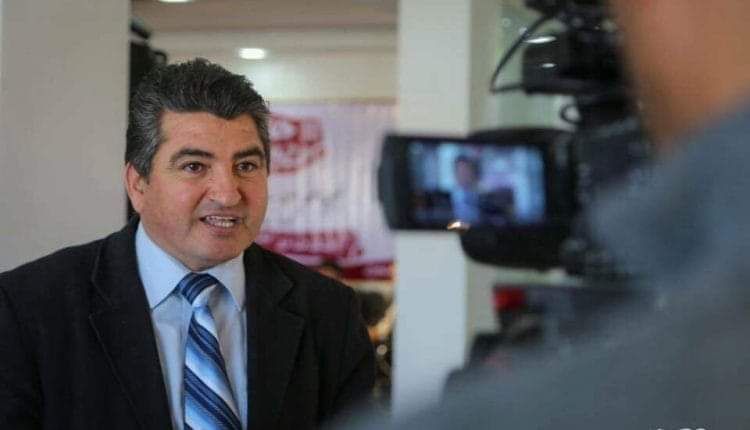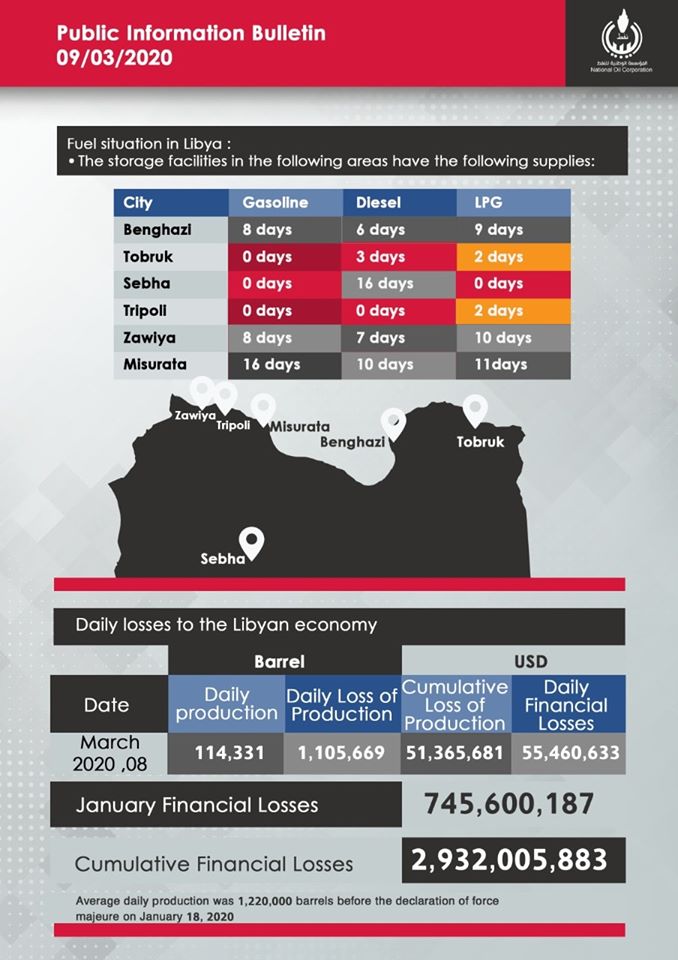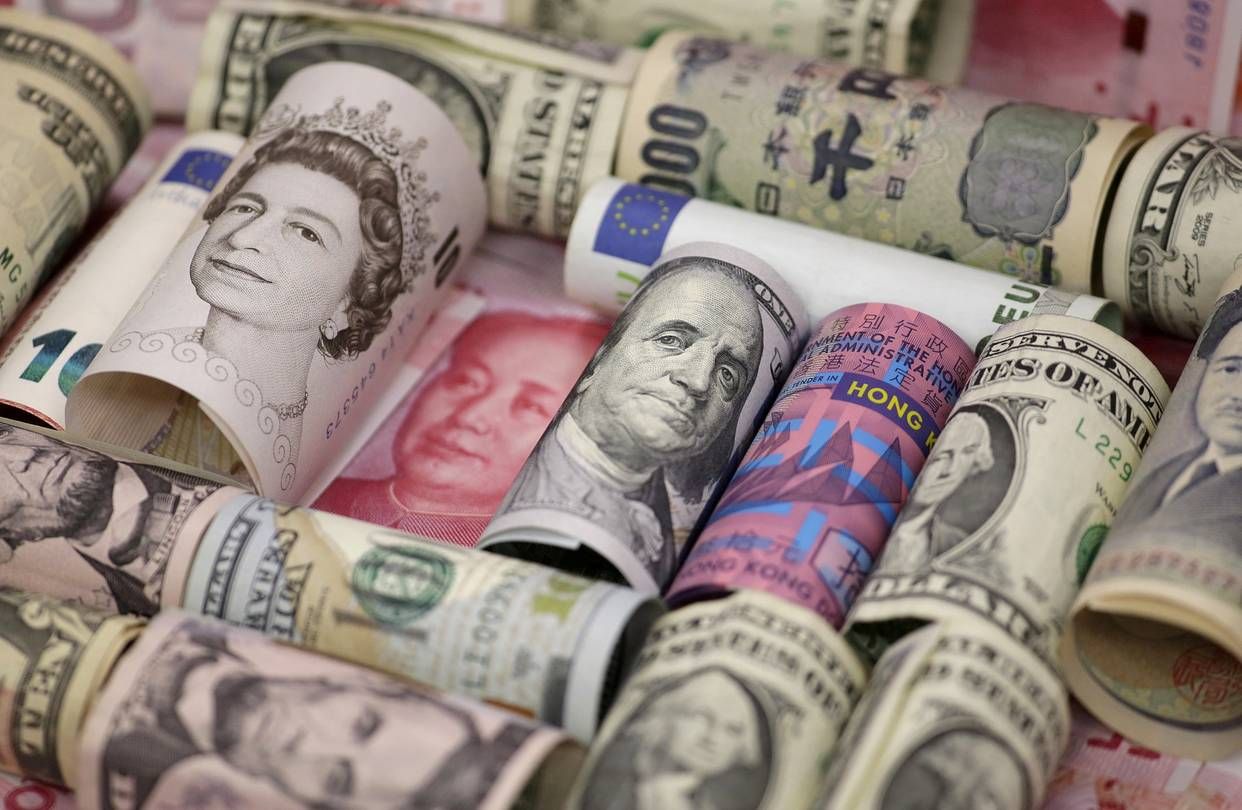Oil jumps 10%
Today, oil prices jumped by around 10%, a day after the biggest rout in nearly 30 years as investors eyed the possibility of economic stimulus and Russia signalled that talks with OPEC remained possible.
U.S. President Donald Trump on Monday said he will be taking “major” steps to gird the U.S. economy against the impact of the spreading coronavirus outbreak, while Japan’s government plans to spend more than $4 billion in a second package of steps to cope with the virus.
Brent crude futures were up $3.36, nearly 10%, to $37.72 a barrel by 10:41 GMT, after hitting a session high of $37.75 a barrel.
West Texas Intermediate (WTI) crude gained $3.14, or around 10%, to $34.27 a barrel, after hitting a high of $34.42.
Both benchmarks plunged 25% on Monday, dropping to their lowest levels since February 2016 and recording their biggest one-day percentage declines since Jan. 17, 1991, when oil prices fell at the outset of the first Gulf War.
Trading volumes in the front-month for both contracts hit record highs in the previous session after three years of cooperation between Saudi Arabia and Russia and other major oil producers to limit supply fell apart on Friday, triggering a price war for market share.










